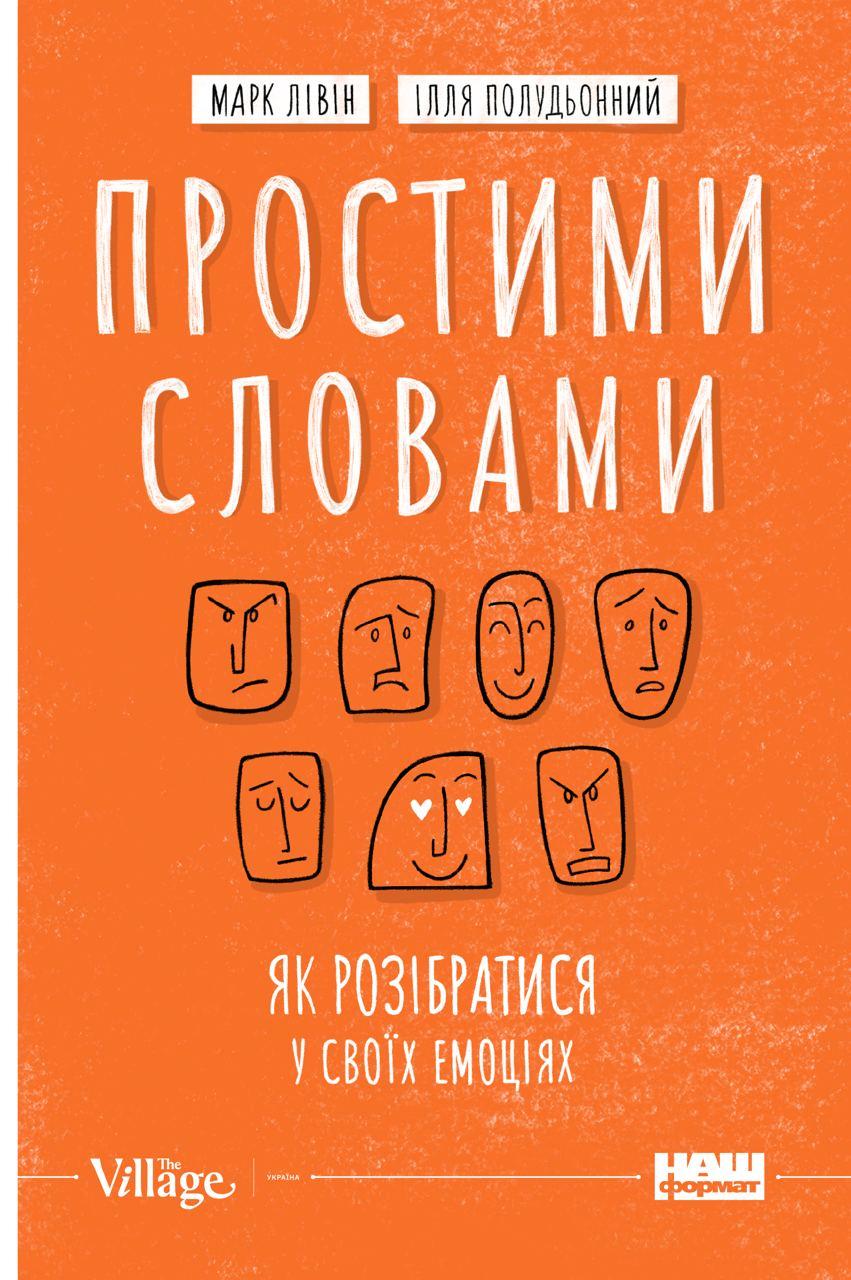Читати книгу - "Genghis Khan and the Making of the Modern World"
Шрифт:
Інтервал:
Добавити в закладку:
The four serpents on the Silver Tree of Karakorum symbolized the four directions in which the Mongol Empire extended, as did the four alcoholic drinks derived from crops of distant and exotic civilizations: grapes, milk, rice, and honey. Trees were rare on the steppe, but they had a more important role in the homeland and origin of the Mongol family of Genghis Khan. In their oral history, the first ancestor to try to unite the Mongol tribes had been made khan under a tree on the Khorkhonag steppe, and it was in this same area that Temujin and Jamuka had taken the oath as andas after the Merkid battle. The whole contraption offered a spectacular and pungent reminder of the Mongol origins and of their mission to conquer the entire world in all four directions. Mongke accepted the obligation to bring everything under the rule of the Mongol state that stood like one massive tree at the center of the universe. Mongke Khan took that command as the literal destiny of his nation and as his responsibility to achieve.
As part of his more Western orientation, Christianity temporarily resumed its ascendancy in Mongke’s court, a trend reinforced by the large number of Christian wives in the Golden Family and by the steadfast loyalty shown by Christian nations such as Georgia and Armenia. Near the end of 1253, the Year of the Ox, William of Rubruck, a Franciscan monk, came to the Mongol court as an envoy from the French king. From his writings, an intriguing, although not always detailed, description emerged of the rivalries among the Christians and other religions in the Mongol court. Rubruck had the opportunity to see how the Mongol court celebrated Christmas, although he himself had little role to play other than singing “Veni Sancte Spiritus” for them. Mongke Khan and his wife celebrated mass in church, with the two of them seated on a golden couch across from the altar. In keeping with Assyrian Christian tradition, the inside was void of excessive decoration and imagery, but the rafters of the church were draped with silk to give the building the feeling and appearance of a Mongol ger. After mass, the khan talked about religion for a short while with the priests. When he left, his wife stayed behind to distribute Christmas presents to everyone. She offered gifts of textiles to Rubruck, but he refused to accept them. Apparently the khatun did not notice the intended slight since Rubruck’s interpreter accepted the cloth for himself and later sold it back in Cyprus.
After the distribution of gifts, the Christmas celebration began with goblets of red wine, rice ale, and the ubiquitous Mongol airak. The French envoys had to sing once again for the khatun. Finally, after several more rounds of drinks, the Christmas dinner arrived in the form of large platters of mutton and carp that Rubruck contemptuously noted was served without salt or bread. “I ate a little. In this way they passed the time until evening.” The Christmas mass and celebration ended when “the lady, now drunk, got into a cart, while the priests sang and howled, and she went her way.”
The Mongol Christians emphasized the association of God with light, particularly the Golden Light that was sacred in their mythology, and they associated Jesus with healing and triumph of life over death. Despite the common religion, Rubruck greatly resented the Assyrian, Armenian, and Orthodox Christians at the Mongol court. Since he considered all non-Catholics to be heretics, he contemptuously designated the Mongol congregants of the Assyrian Church as Nestorians in reference to Nestorius, the fifth-century Patriarch of Constantinople who was condemned as a heretic by the Council of Ephesus in 431. Among the Assyrian beliefs that Rubruck held to be heretical was that the Virgin Mary was the mother of Christ, but not the mother of God. They also differed from the Catholics in their steadfast refusal to portray Christ on the cross as a violation of the Mongol taboos on depicting death or blood. Even when they admitted to being Christians, Mongols did not consider their religion as their primary identification. As one of the Mongol generals who was a follower of Christianity explained, he was no Christian—he was a Mongol.
After making the French envoy wait for many months, Mongke finally received him officially in court on May 24, 1254. Rubruck informed the officials that he knew the word of God and had come to spread it. In front of the assembled representatives of the various religions, the khan asked Rubruck to explain to them the word of God. Rubruck stumbled over a few phrases and stressed the importance to Christians of the commandment to love God, whereupon one of the Muslim clerics asked him incredulously, “Is there any man who does not love God?”
Rubruck responded, “Those who do not keep His commandments, do not love Him.”
Another cleric then asked Rubruck, “Have you been in heaven that you know the commandments of God?” He seized upon the implication of what Rubruck was saying to them about God’s commandments and challenged him directly: “By this you mean that Mongke Khan does not observe God’s commandments?”
The discussion continued for some time, and according to Rubruck’s own account, it was obvious that he did not fare well in the sometimes acrimonious arguments. He was unaccustomed to debating with people who did not share his basic assumptions
Увага!
Сайт зберігає кукі вашого браузера. Ви зможете в будь-який момент зробити закладку та продовжити читання книги «Genghis Khan and the Making of the Modern World», після закриття браузера.

